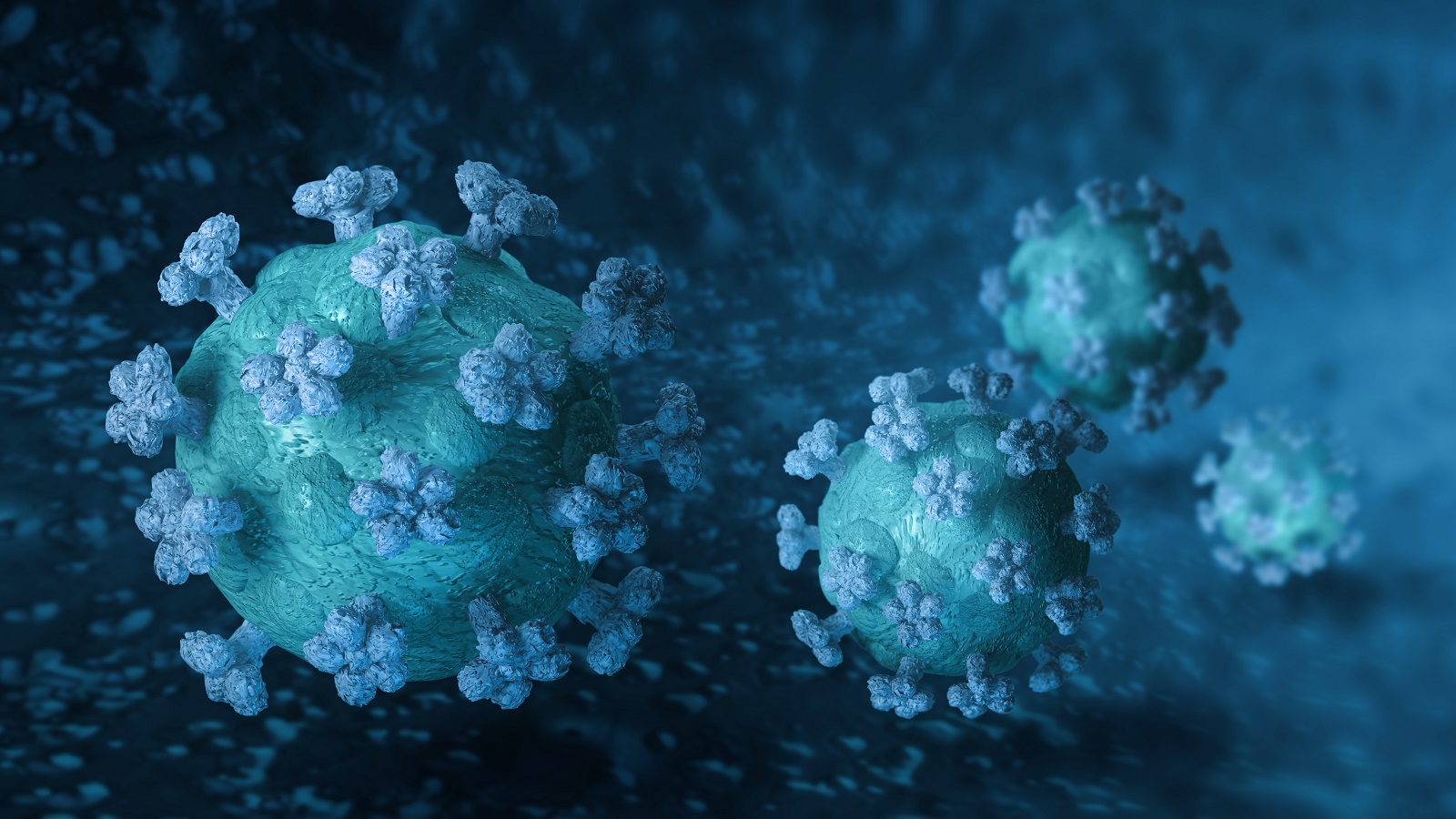[broadstreet zone=”80100″]
[broadstreet zone=”58892″]
FRAMINGHAM – Framingham is a red community or a high-risk community for the spread of the coronavirus since the end of August.
A spring 2020 study discovered individuals who live in the same household as people who tested positive for COVID-19 had a 17% chance of becoming infected themselves.
SOURCE asked the City of Framingham’s Public Health Nurse Kitty Mahoney what should you do if a family member – including a spouse or a child – tests positive for COVID-19?
“Household members are requested to go for testing. Even if their test is negative they are instructed to quarantine,” said Mahoney.
[broadstreet zone=”59945″]
“If they are not able to stay in a separate area from the positive person their quarantine begins immediately and goes until 14 days after the positive person is cleared. If a household member is not able to isolate away from other family members, hotel accommodations can be offered to the family to decrease risk of spread. We provide that and meals and transportation to the hotel,” said Mahoney.
“The misconception: a household person tests positive and the other members go for testing and their results are negative. They MUST still quarantine for the 14 days from the date of their last close contact with the family member who tested positive,” said Mahoney.

But what if a family member gets tested and is negative? Can they go back to work if another family member is still positive?
“Household members of a positive person need to quarantine for 14 days with the last day they were in close proximity to the positive person being counted as day 0. If they are not able or willing to quarantine away from the positive person, quarantine begins immediately and goes until 14 days AFTER the last positive household member who is positive is cleared,” said Mahoney.
[broadstreet zone=”58610″]

